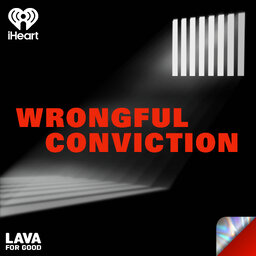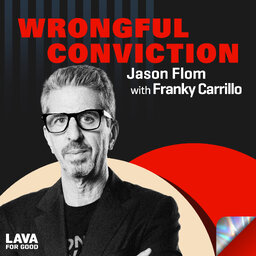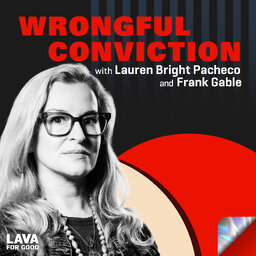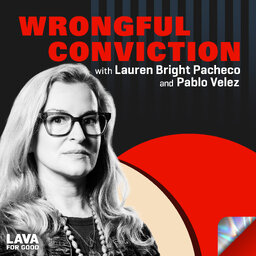On December 5th, 1984, the naked body of Theresa Fusco was pulled out of a wooded area in Lynbrook, NY - the 3rd in a string of recent disappearances, putting pressure on police to find the monster among them. The medical examiner determined that a rape lkely occurred and the cause of death was ligature strangulation. Dennis Halstead had been linked to one of the victims, and in a police interview about Halstead, John Restivo inadvertently mentioned an occasional employee John Kogut.
When police interrogated Kogut for 12 hours, during which interrogators lied to him about his failing a polygraph, Kogut signed a confession that was hand-written by one of the detectives. With the false confession, the trio were convicted and sentenced to 33 and a half years in prison.
John Restivo and Innocence Project Senior Staff Attorney Nina Morrison joined Jason at the Atlanta Innocence Network Conference to tell this amazing and terrifying tale.
https://www.wrongfulconvictionpodcast.com/with-jason-flom
Wrongful Conviction is a production of Lava for Good™ Podcasts in association with Signal Co. No1.
We have worked hard to ensure that all facts reported in this show are accurate. The views and opinions expressed by the individuals featured in this show are their own and do not necessarily reflect those of Lava for Good.
 Wrongful Conviction
Wrongful Conviction


